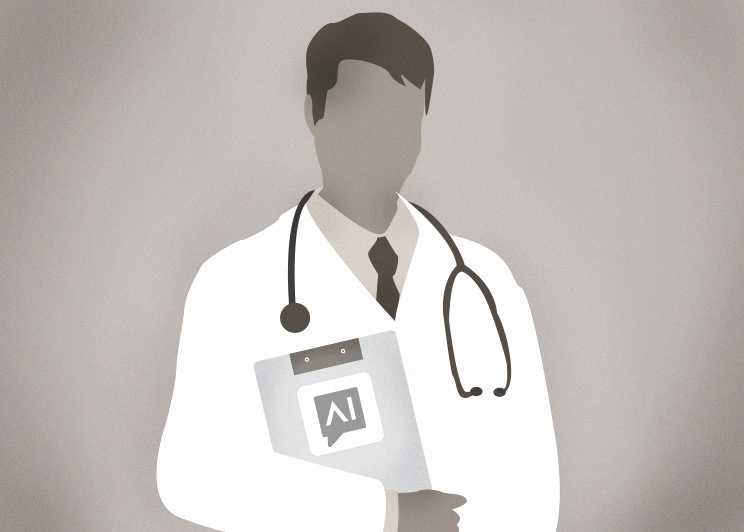
There’s no question that the integration of artificial intelligence (AI) is in the process of revolutionizing healthcare. Whether it’s reading medical images, X-rays, and scans, making sense of huge amounts of data to help diagnoses, or creating treatment plans, the scope of what AI can do in a medical context is staggering.
While this pace of change can seem intimidating, it’s actually a game-changer for doctors seeking to focus on their true passion – delivering quality patient care.
This is the whole reason we built Atlas.md – to reduce tedious administrative tasks and free up more time for you to do what you love.
AI is just another tool allowing us to do this. Whether it’s summarizing transcripts, creating SOAP notes, or using AI macros, our goal is to have you doing as little “work about work” so that you can spend as much time being a doctor as possible.
In the day-to-day of running a medical practice, this means getting rid of tedious administrative tasks that would otherwise take hours to churn through.
The reverberation of this trend has been felt across all industries burdened by excessive administrative work – status updates, cross-departmental communication, and everything else that isn’t part of the core, professional raison d’etre.
It makes sense that the deployment of AI would mean fewer humans doing this type of work – and it’s already taking place.
Recently, ResumeBuilder surveyed 750 business leaders using AI and found that 37% of them said the technology had replaced at least some workers in 2023. 44% of them said that AI would be the cause of layoffs in 2024.
For some, this might be a cause for alarm, but for others, it’s the necessary and inevitable streamlining of tasks that exist around actual work.
How does this relate to your own work as a doctor?
Think about how your day-to-day used to look when you worked at a hospital. Endless forms, red tape, suffocating paperwork – the opportunity cost of this work (as opposed to seeing patients) is enormous.
Traditional healthcare has turned doctors from complex clinical thinkers into clerks and typists. Not that there’s anything wrong with those professions – it’s just not the reason you went to a decade of medical school.
At face value, AI tools mean liberation from the mundane tasks that accompany every patient visit.
It means you’ll spend more time with a stethoscope in your hand than a pen and paper.
It means less time doing clerical admin, and more time helping the world.